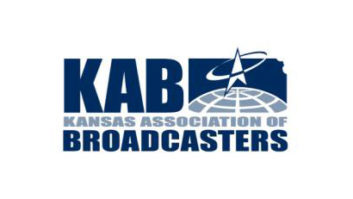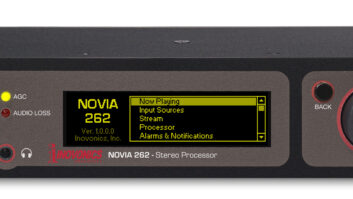During his speech at the NAB Radio Show, FCC Commissioner Michael O’Rielly touched on some of the biggest issues facing the radio industry and offered a glimpse of what may be to come in the much-anticipated AM revitalization order.
In the session “FCC Experts Talk Radio,” O’Rielly said that “the good news is that the wait is almost over and the commission is preparing to make some decisions; the bad news … is that not all of the previously proposed fixes are in play.”
He alluded to “certain people at the commission” who oppose the idea of including a window during which AM licensees alone could seek translators to operate in the FM band.
Chairman Tom Wheeler has spoken out against the need to include such a window in the AM order; and fellow Commissioner Mignon Clyburn recently said there was not an immediate need for a window — though she does not oppose opening an AM-only translator window in the future. Meanwhile, Commissioner Ajit Pai, who has been vocal on the AM issue, urged his colleagues officially to support a window. Commissioner Jessica Rosenworcel has remained relatively quiet on the issue. Wheeler, Clyburn and Rosenworcel are Democratic votes on the panel while Pai and O’Rielly are Republicans. One radio industry insider told Radio World last week that regardless of how many other votes the idea has, it is unlikely to get anywhere unless the chairman at least allows it to come up for a vote.
At the Radio Show, O’Rielly said pointedly that the decision to open an AM translator window comes down to “whether one supports the concept of AM radio and its revitalization as necessary,” he said. “In other words, should the commission try to ensure a future for AM radio or should we let nature take its course as this band continues to decline in many markets?”
If AM radio deserves revitalization via FCC policy changes, O’Rielly said, then the AM translator issue is the number one solution to bring about that change. “So, the question is, how can it be left out of any package of reforms?”
He cited benefits: greater market reach, solving nighttime shutdowns, allowing stations to serve a greater portion of their communities and eliminating reductions in power that are required of some AM stations.
O’Rielly alluded to Wheeler’s past comments that an AM window would be a spectrum giveaway. O’Rielly found this “quite ironic” given the commission’s creation of a so-called spectrum reserve that would “tilt the broadcast incentive auction outcome in favor of certain companies.”
The answer lies in talking to potential competitors, O’Rielly said. He said he has talked to both AM and FM broadcasters. “To a person, those owners support an AM-only window. It may not be in their financial interest to do so, but they see the value of AM radio and want to see AM stations succeed.”
“The bottom line: if there is agreement that it is important to revitalize and maintain an AM broadcast band, and set this as a public policy goal, we should take efficient and effective action,” he said. “I am not sure it is helpful to implement a list of smaller measures that will have only so much value in the scheme of things,” he said, referring to a proposal to allow existing translators to move farther than currently allowed.
O’Rielly touched on two other issues during his speech: the importance of eliminating pirate radio and the need for regulatory reform.
“The commission should make clear that any unauthorized operation within the FM and AM bands is strictly prohibited, and put into action an enforcement plan designed to disrupt and terminate all pirate radio stations,” he said. “To do this most effectively, the commission will need to attack these operations at their core, through limitations on funding and housing, until no one wants to work with them again.”
More work is needed, he said, referencing the pirate radio policy draft he recently released.
O’Rielly also addressed regulatory reform. “There are so many elements of the regulatory landscape that have completely outlived their utility in today’s hypercompetitive entertainment world, and you shouldn’t have to take them as given,” he said.











